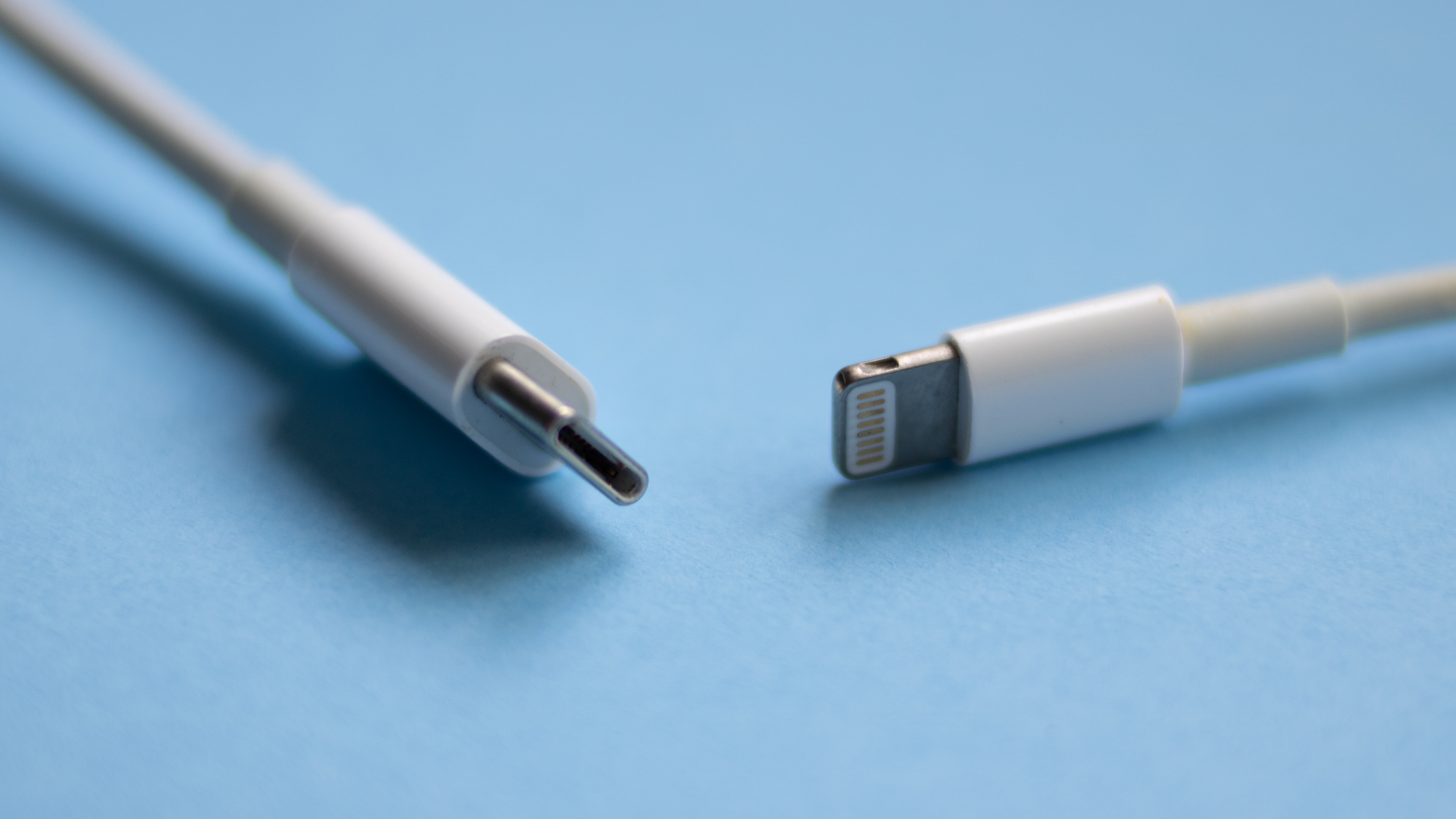EU rules to make USB-C charging default for all mobile devices
Apple claims one type of connector will stifle innovation across the industry


The European Commission has set out proposals to create a single standardised charging port for all smartphones, tablets, and headphones sold within the European Union.
An 18-page directive released on Thursday estimates that a universal charging system could save EU consumers £214 million a year by reducing e-waste and encouraging consumers to re-use existing chargers when buying a new device.
If adopted, the rules would also force manufacturers to switch to USB-C ports for all their mobile products.
On average, European consumers have around three mobile phone chargers, with just two used on a regular basis, according to the commission. In addition, disposed and unused chargers are said to account for around 11,000 tonnes of e-waste each year.
"European consumers were frustrated long enough about incompatible chargers piling up in their drawers," said the European Commissioner, Margrethe Vestager. "We gave industry plenty of time to come up with their own solutions, now time is ripe for legislative action for a common charger. This is an important win for our consumers and environment and in line with our green and digital ambitions."
USB-C chargers have been widely adopted by mobile phone manufacturers like Samsung, OnePlus, and Huawei and have been used on most Android-based smartphones since 2016.
A notable exception to this is Apple, which has maintained a policy of using its own charging technology for its mobile devices since 2012, in the form of 'Lightning', the cables for which are incompatible with devices from other manufacturers.
Get the ITPro daily newsletter
Sign up today and you will receive a free copy of our Future Focus 2025 report - the leading guidance on AI, cybersecurity and other IT challenges as per 700+ senior executives
"We remain concerned that strict regulation mandating just one type of connector stifles innovation rather than encouraging it, which in turn will harm consumers in Europe and around the world," Apple said in a statement.
Ben Wood, chief analyst at CCS Insight, told IT Pro that “having one common charging standard would be a victory for common sense in the eyes of consumers", although Apple has made a strong argument for keeping its Lightning connector, especially given the one billion active iPhone users around the world.
However, Wood also pointed to existing Apple products that already support USB-C, such as MacBooks and iPads, arguing that the company might be heading for a full USB-C future anyway.
Reducing the amount of 'unnecessary' cables consumers have was the main reason that last year's iPhone 12 models were sold without chargers in the box, which was also the case for Samsung's flagship Galaxy phones.
RELATED RESOURCE

Three-step guide to modern customer experience
Support the critical role CX plays in your business
This, however, is not enough for the commission, which suggests a "harmonised" charging port will prevent unjustifiable limits on charging speeds and also save consumers €250 million a year on unnecessary charger purchases.
Moving forward, the commission will look to revise the Radio Equipment Directive, which will need to be adopted by the European Parliament and the Council. It will then allow a "transition period" of around 24 months from the date of adoption to give industry "ample time to adapt" before the new legislation comes into force.
Bobby Hellard is ITPro's Reviews Editor and has worked on CloudPro and ChannelPro since 2018. In his time at ITPro, Bobby has covered stories for all the major technology companies, such as Apple, Microsoft, Amazon and Facebook, and regularly attends industry-leading events such as AWS Re:Invent and Google Cloud Next.
Bobby mainly covers hardware reviews, but you will also recognize him as the face of many of our video reviews of laptops and smartphones.
-
 Should AI PCs be part of your next hardware refresh?
Should AI PCs be part of your next hardware refresh?AI PCs are fast becoming a business staple and a surefire way to future-proof your business
By Bobby Hellard Published
-
 Westcon-Comstor and Vectra AI launch brace of new channel initiatives
Westcon-Comstor and Vectra AI launch brace of new channel initiativesNews Westcon-Comstor and Vectra AI have announced the launch of two new channel growth initiatives focused on the managed security service provider (MSSP) space and AWS Marketplace.
By Daniel Todd Published